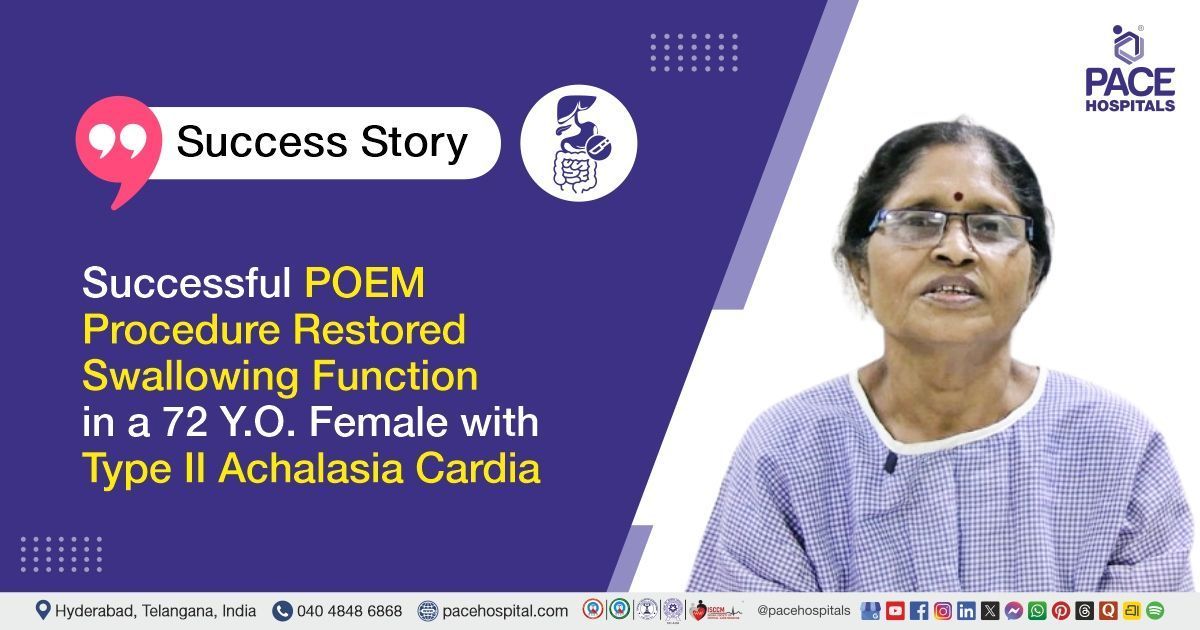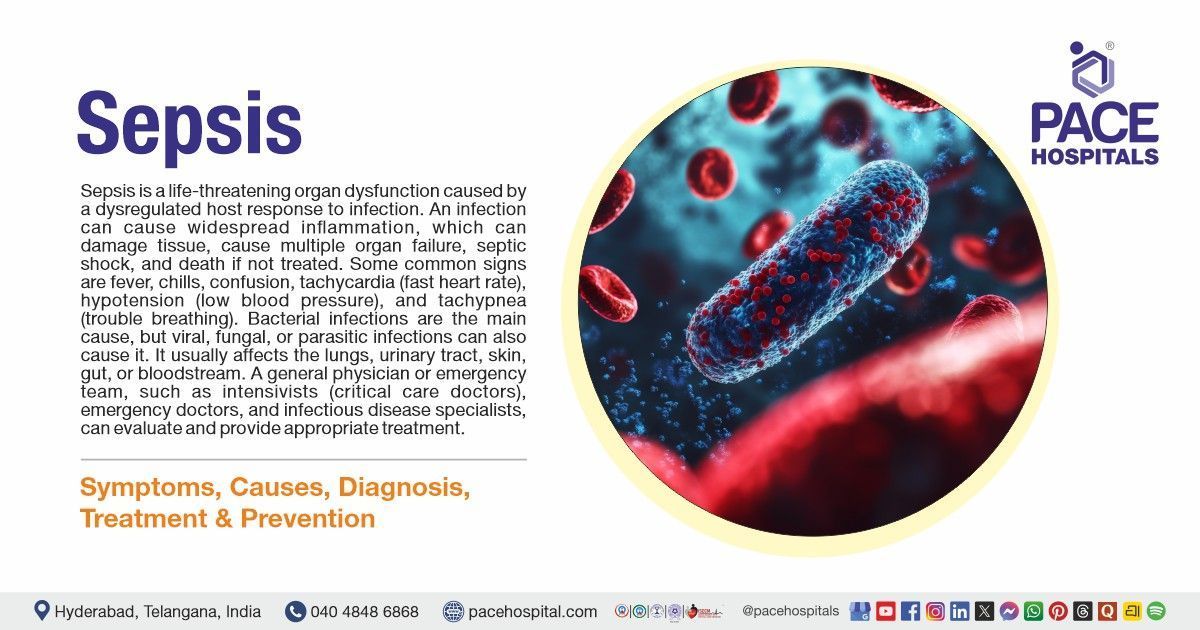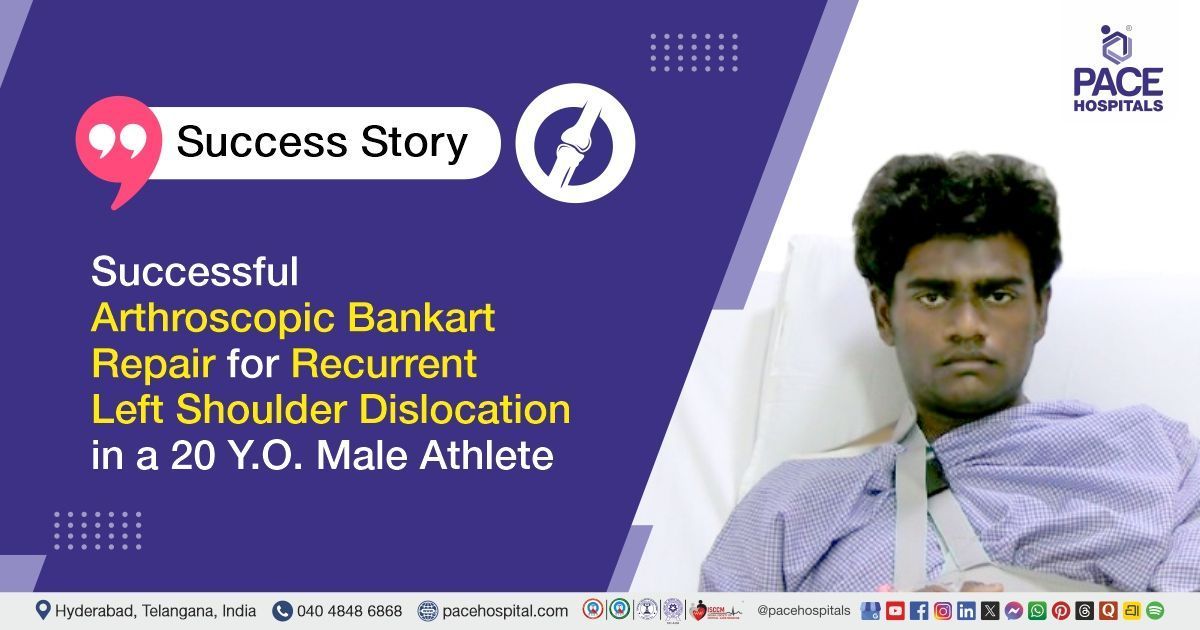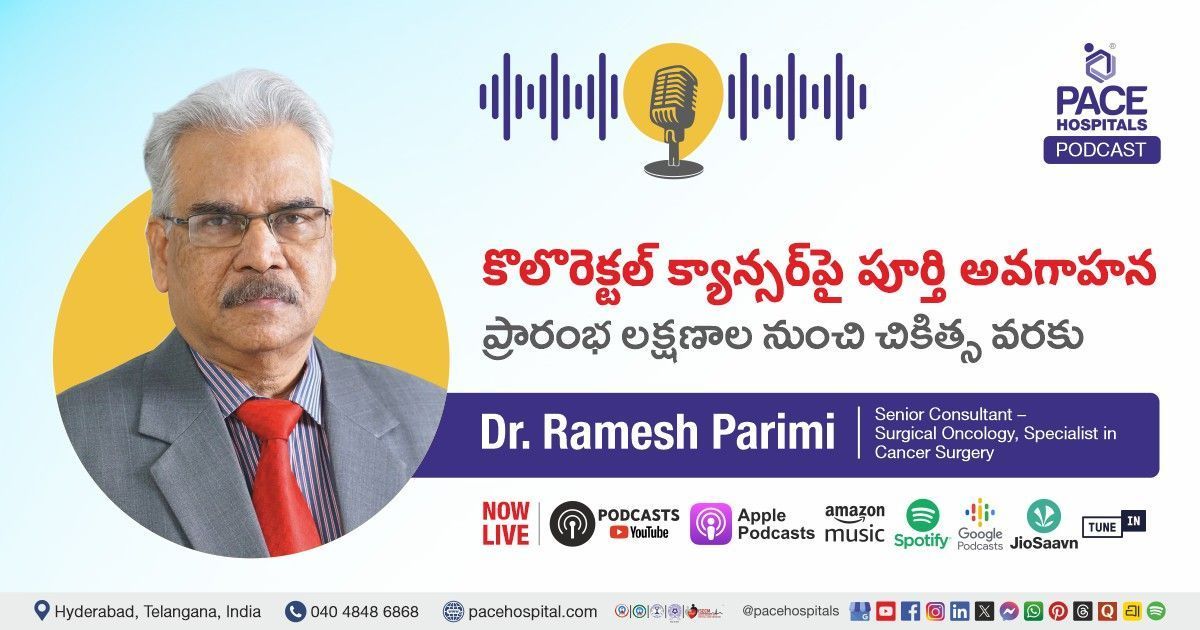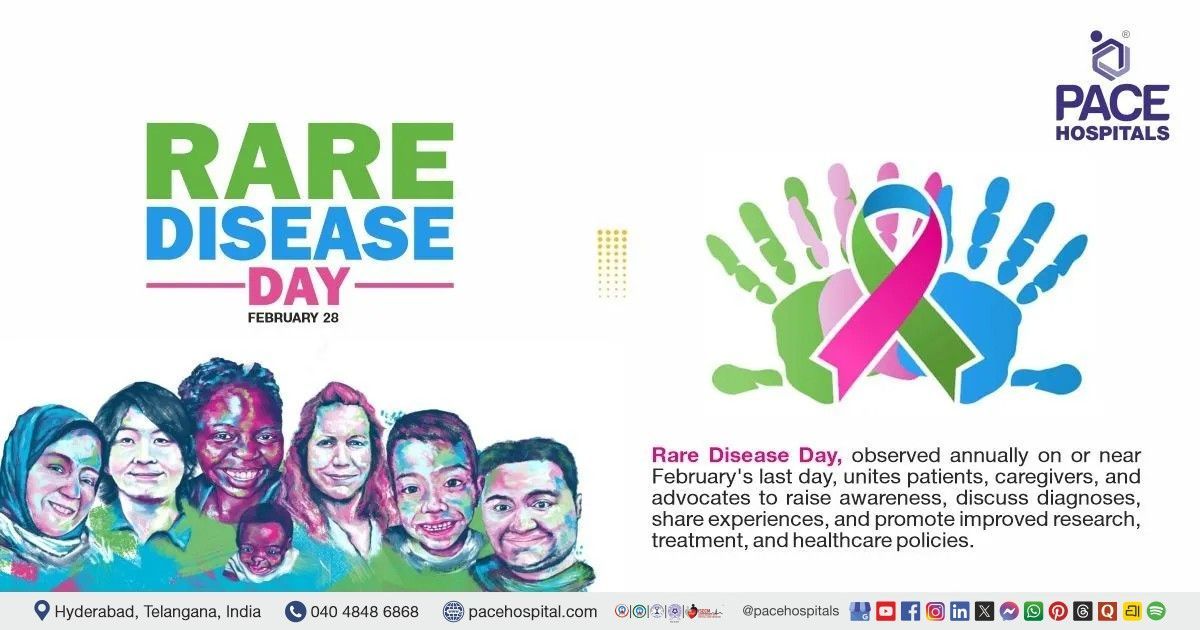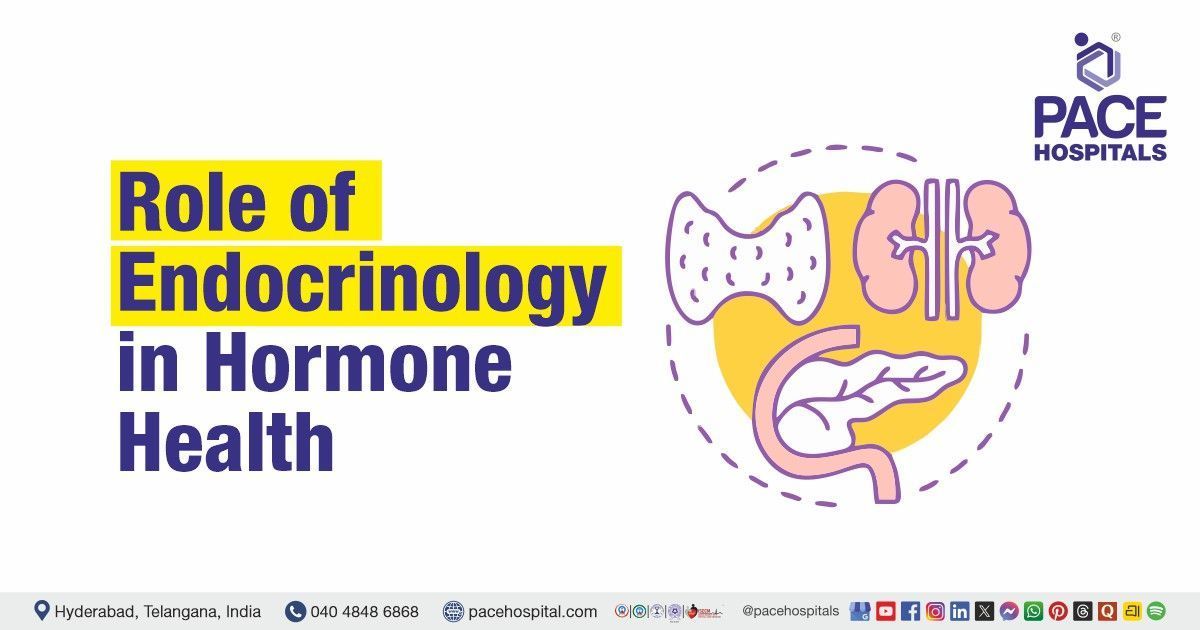International Ataxia Awareness Day 25 Sept 2023 - Necessity & Prevention
Pace Hospitals
International Ataxia Awareness Day (IAAD) is a global healthcare event commemorated on the 25th of September every year, urging the various local and global communities to gather around and spread awareness of ataxia, thus helping shed a ray of light on this rare disease.
A nervous degenerative disease, ataxia is characterised by a damaged cerebellum, which gives rise to various symptoms which often mimic intoxication, such as staggering gait, stumbling, slurred speech, falling, and incoordination. The cerebellum is located at the back of the head, above and behind the connection of the spinal cord, and is responsible for coordination and movement.
Ataxia patients find difficulty in using their arms, fingers, hands, legs, and eyes, which could result in strained and uncoordinated walking, speaking or movement of the eyes. While affecting people of all ages, the onset of symptoms can vary greatly, ranging from childhood to late adulthood.
Necessity of International Ataxia Awareness Day
Being one of the rare diseases, the research on ataxia is limited, with not as much funding as any other disease, such as breast cancer, may get. The complications of ataxia could be deemed serious and oftentimes debilitating. There are a few types of ataxias which can potentially lead to an early death.
Despite the advances in scientific research and the extent of growth of various interdisciplinary sciences, it must be understood that there are yet no United States Food and Drug Administration-approved treatments for ataxia. Disease-modifying drug treatments for sporadic adult-onset ataxia or the genetically mediated adult-onset ataxias (spinocerebellar ataxia, episodic ataxia, late-onset forms of the inherited childhood ataxias etc.
The disease-modifying treatments are agents that provide a cure or a reversal of already established deficits, or at least a stabilisation or slowing down of the disease process.
There are only a few forms of accepted treatments for some of the types of ataxia diseases, such as the late-onset forms of inherited, metabolic, or acquired childhood ataxia.
The above paragraphs paint a convincing picture enough to understand the death proclivity of ataxia. Also, research is necessary to understand the necessary mechanisms through which the quality of life can be improved for ataxia. Combining these above factors, the International Ataxia Awareness Day plays a vital role not only in the spread of awareness but also in raising funds for finding the ever-evasive answers to ataxia disease.
National Ataxia Foundation and Ataxia Awareness Society
The International Ataxia Awareness Day (IAAD) is conducted by the National Ataxia Foundation (NAF) in America, which was established in 1957 to help patients and their families deal with ataxia. NAF grew insidiously, and through its activities, it increased the speed of developmental treatments for ataxia, apart from improving the quality of life of ataxia patients.
Similarly, in India, the Non-governmental organization Ataxia Awareness Society was established and registered in 2017 for the upliftment of ataxia patients and their families in India. Initiated by Ms. Swasti Wagh, a Friedreich’s Ataxia sufferer herself, supported by Dr. Pauranik, a renowned neurologist in Indore along with her family and friends, the Ataxia Awareness Society is currently the only running NGO for ataxia in India.
The Ataxia Awareness Society has formed collaboration with various national (Indian Organisation of Rare Diseases; IORD) and international NGO’s such as NAF (National Ataxia Foundation) and GAI (Global Ataxia Initiative), acclimatising the common areas to strive together for solutions to the problems of ataxia patients. Collaboration with IORD helped in the registering of ataxia in the list of Rare Diseases in India, thus availing the benefit of Rare Disease Policies in India.
Preventing ataxia disease
There are a few kinds of ataxia which can be prevented, but since the causative factors occur unpredictably, it is difficult to either avoid or prevent them. Nevertheless, the preventive tips of ataxia are:
- Alcohol abstinence: Ataxia can be avoided with either moderate drinking or being a teetotaller.
- Avoiding traumatic brain injuries: Wearing helmets can reduce concussions, thus reducing ataxia risk.
- Destressing: Fatigue and stress can be wiped with enough sleep, thus avoiding fatigue-related ataxia.
- Avoiding inhalants: The abuse of gasoline, glue, toluene, etc, can cause ataxia with huffing. Avoiding this practice can help.
- Healthy weight: With healthy weight maintenance, various conditions affecting the brain’s circulation can be avoided, thus reducing ataxia risk.
- Rectifying nutritional deficiencies: Low vitamin B12 levels can bring ataxia. Implementing a healthy diet can remove nutritional deficiencies, which lead to ataxia
Share on
Request an appointment
Fill in the appointment form or call us instantly to book a confirmed appointment with our super specialist at 04048486868


